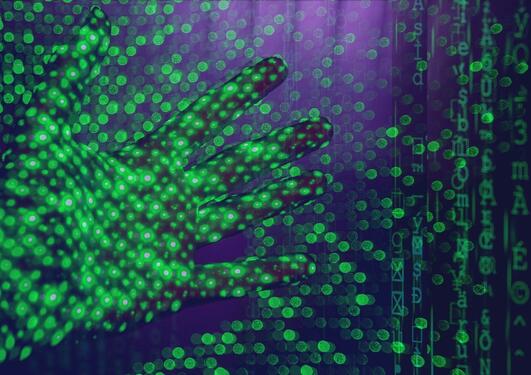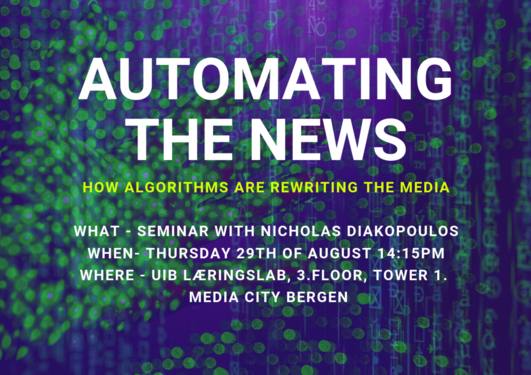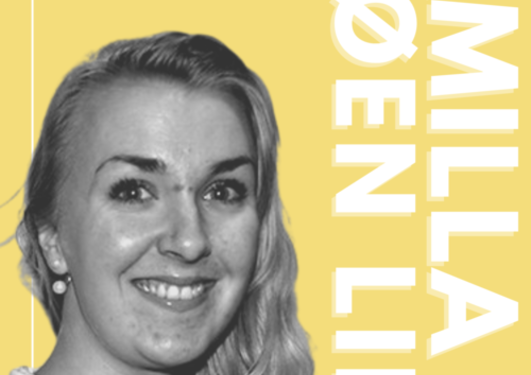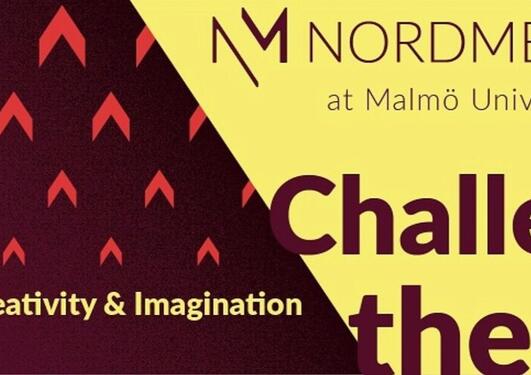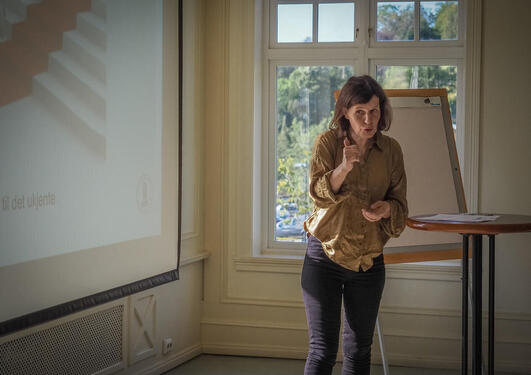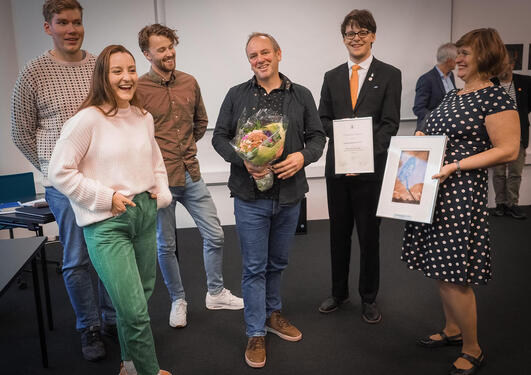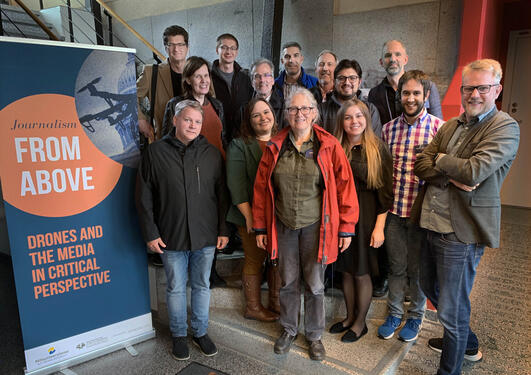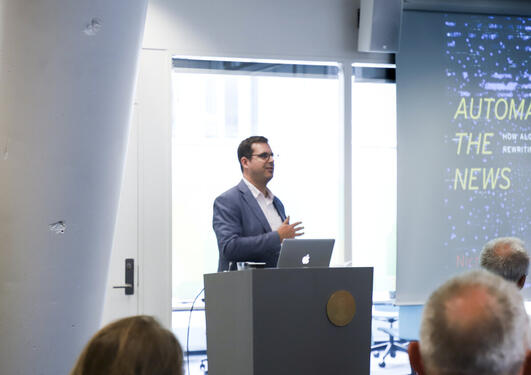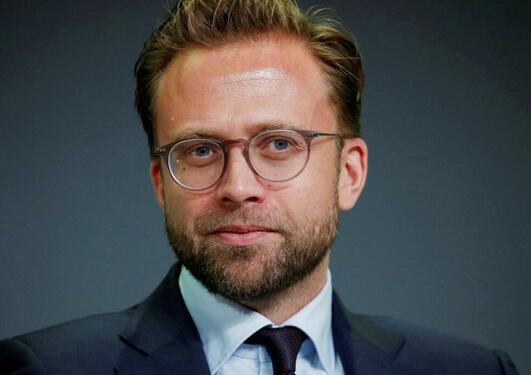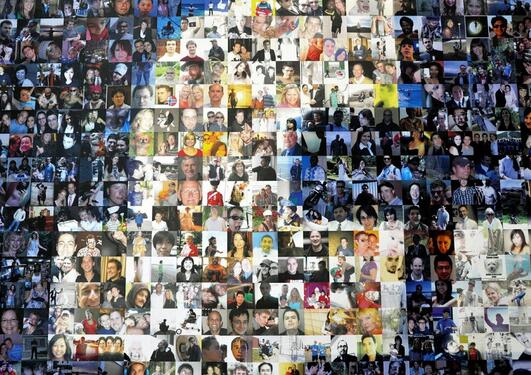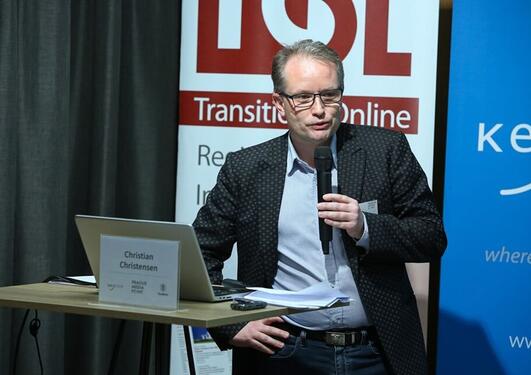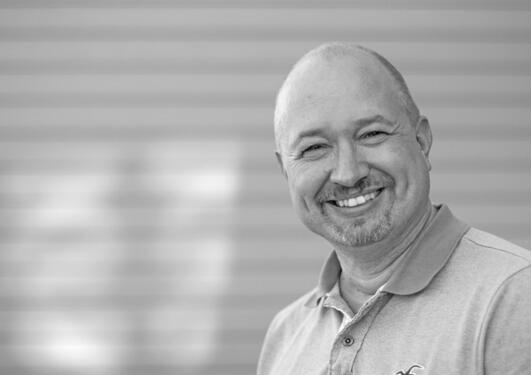Nyhetsarkiv for ViSmedia
Influencers have stretched the boundaries of public communication. To find out more about influencers´s identity building, Camilla Mjøen Lien wanted to investigate whether their extensive self-exposure in reality is a form of self-surveillance. In her master thesis in Media Studies Camilla found that social media influencers build their public identities and marketing value on two types of self-... Les mer
As a graduate student Hilde Otteren developed a classic grounded theory which provides new knowledge on the actors behind semi-illegal sharing of sexualized images of young girls in online communities.
Did you miss out on Nicholas Diakopoulos seminar on the 29th? And are you eager to know more about how the algorithms can change the future of media? Don’t worry we got your back, watch the seminar in the video underneath and read more about Diakopoulos ́s research following this link.
Virtual reality, 360° video, and augmented reality are powerful tools for storytelling, and can cause strong emotions among its users. In a panel at NordMedia2019, ViSmedia researchers addressed essential journalism dilemmas to be resolved when adapting and adopting these technologies.
In June 2019, Astrid Gynnild was awarded the status Excellent Teaching Practitioner (ETP) as one of the first professors at the University of Bergen. “In particular, I enjoy involving students in research projects,” Professor Gynnild subsequently explained in her presentation to the Faculty of Social Sciences.
Professor Lars Nyre was recently presented with an award for creating the best learning environment in 2019.
Drone journalism is moving the limits for airborne news coverage. In September 2019 researchers from three continents met for a two-day workshop, Journalism from above, in Sweden to discuss critical aspects of this disruptive technology.
Fake news, and specifically deepfakes, might turn out to be a crucial challenge during the 2020 US elections. Deepfake technologies can be used to make video and audio clips of individuals doing and saying things they never did or said. In a paper in the SSRN eLibrary, Vismedia researchers Deborah G. Johnson and Nicholas Diakopoulos address the ethical implications of deepfakes in an election... Les mer
ViSmedia researcher Deborah G. Johnson gave a keynote address at the 5th International Conference on the History and Philosophy of Computing at the University of Bergamo (October 29, 2019).
Digitalisation raises serious questions about national security and citizens’ autonomy in digitalised democracies, PhD-student Anja Salzmann points out.
A critical article on Facebook’s extensive collection of data prompted hot debates in social media. The article was published in the magazine Morgenbladet, and written by PhD-student Anja Salzmann.
In Norway, social media is the single most important news source for people aged 9-18. As users increasingly rely on social media for their news updates, the power of news media is challenged in new ways. ViSmedia researcher Thomas Wold points out that news sharing in social media can be actively used to influence what news stories that should be publicly discussed.
"Mobile communications play a major role in demonstrations, especially in authoritarian regimes, when messages about protests are spread", Turo Uskali says.
Which dilemmas do we most often run into when researching people on the Internet, and how can these issues be solved? This is one among many questions you can seek answers to at Media City Bergen this coming Thursday.
Researcher Turo Uskali spoke at Arctic Drone Lab seminar in Finland earlier this January.
Sider
- september 2021 (12)
- august 2021 (87)
- juli 2021 (33)
- juni 2021 (1)
- desember 2016 (1)
